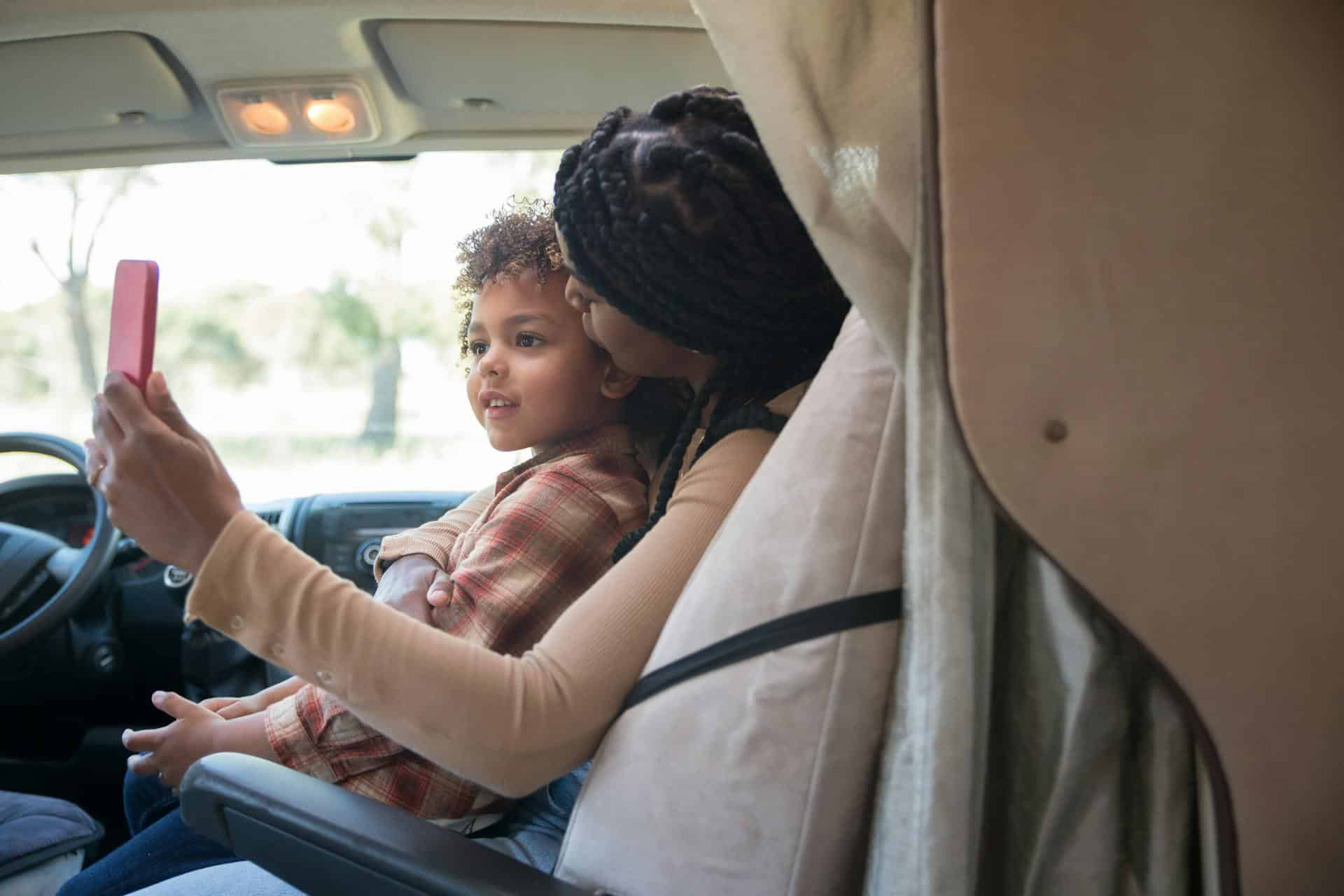Motor Homes Support Travelling Neurodivergent Families

Travelling to new and unfamiliar destinations are exciting for most, but for neurodivergent children and families, being away from home can often bring challenges. Research has found nearly half (49%) of neurodivergent travellers report experiencing difficulties while travelling, and while some aspects of travel accessibility are improving, only 51% feel the available support meets their needs.
With an estimated 15-20% of the global population having a neurological difference, Kent motorhome company, Choose Leisure, wanted to share how choosing a motorhome holiday may be an ideal alternative to suit your family’s needs.
Six ways motorhomes support neurodivergent families:
1. Built-in Quiet Space
Motorhomes provide an ever-present, private space that’s easy to retreat into when a child needs a break. Whether you’re at a busy attraction or a bustling campground, the motorhome is a nearby haven.
You can create a quiet corner with blankets, noise-cancelling headphones, sensory tools, or anything else your child finds comforting.
2. Personalising the Space
For many neurodivergent individuals, certain textures or colours can cause significant discomfort. Fabrics on car seats, the feel of upholstery, or the visual impact of clashing or overly bright colours can be distressing and make travel unpleasant.
When selecting a motorhome, involving your child in the decision-making process, by allowing them to touch different fabrics, explore colour schemes, and assess the overall environment, can be a powerful way to ensure the space feels safe and comfortable. This involvement also provides a sense of ownership and control, which can help reduce anxiety and make future travel experiences more positive.
Make the choosing of the Motorhome a family effort, taking your child to the dealership to explore all the different choices, may make them feel that they have ‘chosen’ their new space.
3. Control Over the Environment
Children who are neurodivergent often experience heightened sensitivity to stimuli like noise, bright lights, or unfamiliar smells. In a motorhome, you can manage these sensory inputs to suit your child’s needs by dimming the lights, reducing background noise, and maintain a predictable setup that feels familiar.
Unlike hotel rooms or public spaces where you have limited influence over the setting, a campervan allows you to create a consistent, calming space wherever you go.
4. Access to Nature and Open Space
Nature has a grounding, calming effect for many neurodivergent individuals. With a campervan, it’s easy to camp near forests, lakes, beaches, or mountains, providing a natural outlet for physical activity and sensory regulation.
Whether your child prefers quiet walks in the woods, the soothing sound of ocean waves, or simply open space to run and play, being mobile allows you to choose the type of environment that best suits their needs. Green space can support both emotional regulation and sensory balance.
5. Flexible Scheduling
Campervan travel removes the rigidity of strict travel itineraries. There’s no pressure to meet hotel check-in times, catch a flight, or adhere to a packed sightseeing schedule. This flexibility is invaluable for families who may need extra time in the morning to get ready or might benefit from unplanned rest breaks.
If a child is overwhelmed or having a tough day, you can pause the day’s plans and let them rest or decompress without worrying about losing bookings or falling behind schedule.
6. Predictability and Routine
Many neurodivergent children thrive on routine and predictability. Travelling from hotel to hotel or eating in unfamiliar restaurants can disrupt established routines and cause anxiety. With a motorhome, your child’s bed stays the same every night, meals can be prepared using familiar ingredients, and daily habits can be maintained with little interruption.
You can even create a visual schedule or routine board inside the van to help your child know what to expect each day, giving them a greater sense of security and control.
Keeley Reading, parent of neurodivergent children and founder of The Farming Mother, a blog that shares insights into rural family life and neurodiversity, commented:
“Familiarity, consistency, and safe, predictable environments are crucial for regulating their sensory needs and emotional well-being. For many neurodivergent children, changes in routine and environment can lead to anxiety, discomfort, or meltdowns. This is why I wholeheartedly support the idea of using campervans and motorhomes as a travel alternative.
“Having a ‘home away from home’ can make all the difference for these children. A camper or caravan allows families to maintain a sense of familiarity while exploring new places. This mobile space becomes a sanctuary, a secure retreat where children feel connected and supported amidst the chaos of travel.
“It’s not about forcing a child into something and hoping for the best; it’s about building resilience in a safe environment to allow the child to engage with new experiences. Using a safe environment like a camper van or motor home allows a child to visit new environments and surroundings knowing they have that security to retreat to if needed and help aid in self-regulation.
“Families can foster deeper connections during their time together. When neurodivergent children have the opportunity to retreat to a familiar, comforting environment, it not only alleviates their anxiety but also allows them to engage more in shared experiences and family activities. This promotes a sense of togetherness and joy in what can sometimes feel like a chaotic experience.”